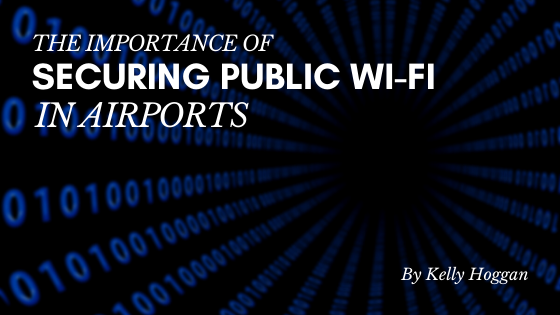
The Importance of Securing Public Wi-Fi in Airports
Public wi-fi is convenient for most, but it can be a life-saver in times of need. Whether you need emergency internet access to manage information or have no other way to contact someone aside from the internet, it’s good to have public options.

What to Avoid Packing in Your Carry-On
When a person is flying, going through security can be one of the most time-intensive parts of the whole process. This is especially true for those who have a carry-on, since there are very strict rules about what is allowed in carry-on luggage. People who accidentally pack the wrong thing can end up having to throw out their belongings, go back to the check-in counter to check their luggage, or even getting arrested. Travellers can avoid hassle and inconvenience on their trips by leaving these items out of their luggage.
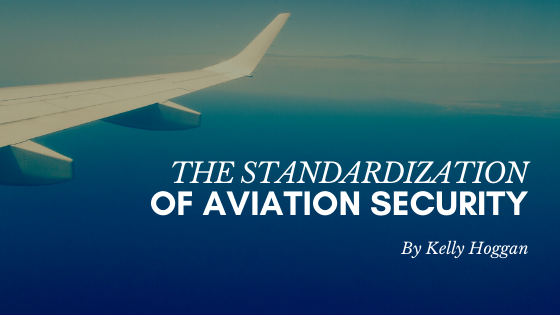
The Standardization of Aviation Security
Modern air travel makes it easy to see the world, but it does carry some risks. International flights are popular targets for terror attacks, which has resulted in many nations pushing for stronger aviation security. Recent years have seen an international effort to standardize those security procedures to ensure the safety of passengers around the world. There is still a great deal of work to be done, but there has been plenty of progress towards this goal.
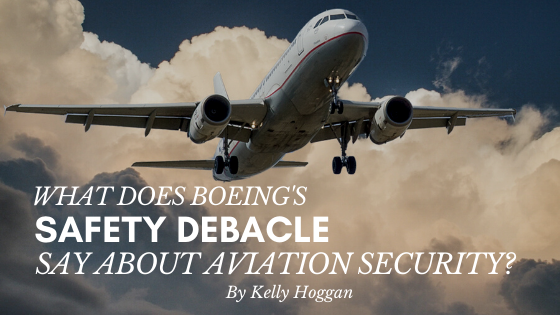
What Does Boeing’s Safety Debacle Say About Aviation Security?
In March of 2019, the Seattle Times reported on the mistakes that stemmed from oversight gone wrong.
The FAA cited a lack of funding and resources, leading to the administration giving Boeing more authority over the years when it comes to certifying the safety of its own airplanes. As a critical lack of checks and balances, it’s time to discuss oversight.
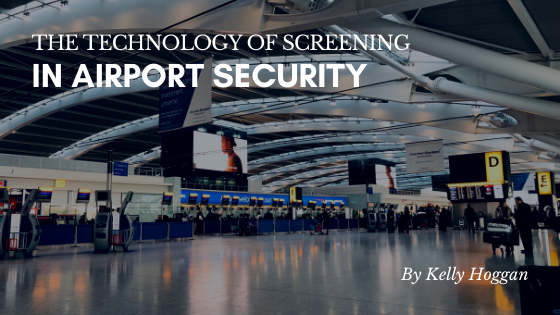
The Technology of Screening in Airport Security
Since terrorist activity accelerated in various world countries and on international flights, airports upgraded their security measures dramatically. In addition to scanning luggage, facilities began using full-body scanners to detect weaponry or various types of items deemed prohibited. Today, 172 airports around the world use this technology to keep passengers, planes and flight crews safer.

What to Know About REAL ID for Travel
The Department of Homeland Security recently standardized identification requirements for citizens, residents, and even undocumented aliens. The REAL ID Act requires each state to increase their scrutiny when issuing drivers a new license or permit. State issued identification cards now require the same measures, and there is no room for negotiation. Without a REAL ID, even domestic air travel will soon be restricted.
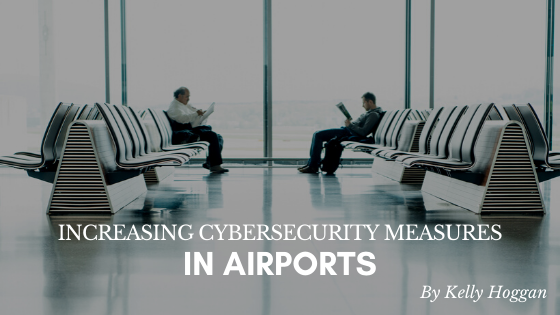
Increasing Cybersecurity Measures in Airports
In previous posts, we have highlighted the need for heightened cybersecurity measures in the field of aviation security, especially in airports. The frequency of cyberattacks and data breaches that occur in airports is concerning, and implementing stronger cybersecurity practices will help prevent and deter future attacks.
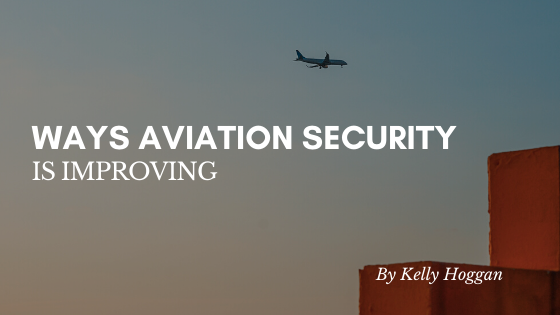
Ways Aviation Security is Improving
In order to best serve the public, the aviation security industry must regularly change and adopt new practices and technology. Professionals in this industry strive to implement changes to protect passengers as well as aviation personnel, and in recent decades, such changes have been shown to considerably improve the industry. Most of the changes being made at present integrate technological advances geared toward improving the strength of aviation security practices and standards.
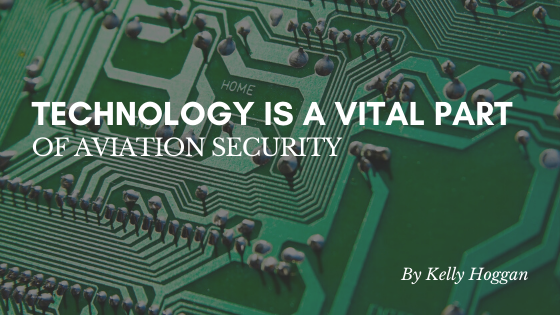
Technology Is A Vital Part Of Aviation Security
Securing airplanes against terrorist attacks used to involve banning explosives and other dangerous substances from getting on board. The attacks of September 11th, 2001 and other hijacking attempts have made aviation security more challenging. The shift in aviation security against terrorism has moved from simply banning substances to now making sure the wrong people do not get on board.
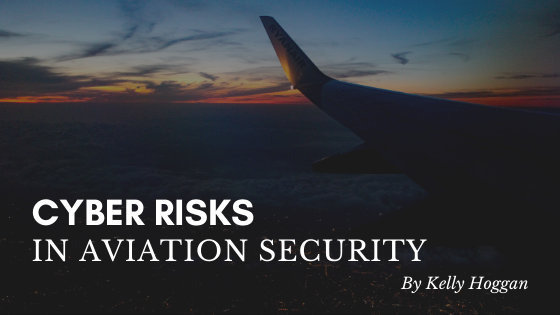
Cyber Risks in Aviation Security
There are a number of risks that can endanger airline passengers and crew members, and one of the most prominent threats today relates to cyber attacks. From individuals onboard flights to those milling about airports, aviation security professionals are prioritizing cybersecurity efforts in order to keep everyone safe.
